Loving Stewardship of Earth, The Gift Economy, Mutual Aid...
Community collaboration and care
When we care for local ecosystems — domesticated and wild, human and more-than human — it is not only healing for those ecosystems, but healing for ourselves. Care might look like planting native wildflowers in a yard or community garden, stewarding a public park or biodiverse forest, or tending to beloved trees on a city sidewalk. It might look like bringing home-cooked meals to neighbors, adopting shelter dogs who need loving homes, or housing friends who lost their sanctuary in a climate disaster. When our hands and hearts are helping, we cultivate intimacy with land and build valuable community.
Loving stewardship of Earth, mutual aid, the gift economy, and slow, sensual living are concepts and lifeways compelling me right now.
In today’s culture of excessive consumption and extraction, and a new U.S. administration that exemplifies the worst of it, I feel it is vital to assess what I’m consuming and where I’m spending my energy. My challenge will be finding balance between meaningful action and meaningful being, the pressure of productivity and the necessity of play, the release of creative expression and feeding that expression with nourishing input. I have a tendency to take on too much. And as an introvert, I know I need plenty of time to recharge.
LOVING STEWARDSHIP OF EARTH
I do my best to express gratitude for Mother Earth and all she gives through loving action. This can mean many different things depending on where I am. When I lived in New York City, it meant tending to my community garden, planting medicinal herbs for all, and guiding educational walks in public parks to celebrate the beauty of the urban wild. It was in Brooklyn, almost 20 years ago, that I learned about beneficial, medicinal weeds and fell more deeply in love with Earth. Falling in love with those resilient plants on city sidewalks is what led me to become an herbalist.
Now I live in Western Massachusetts and stewardship looks different. It might mean helping to transform depleted agricultural lands into biodiverse meadows, or seeding native, endangered plants where they are absent. Some friends, neighbors and I have been exploring a land stewardship network that dissolves artificial boundaries of land “ownership'“ and instead, tends to land collectively. This is a work-in-progress, something my partner and I have been talking about for years. Healthy ecosystems know no anthropocentrically-imposed boundaries.
Questions I’m asking myself lately include:
Who are the birds, pollinators, plants, fungi that live in my local ecosystem? What do they need in order to survive and thrive? How can I nourish and nurture them through planting, tending, and above all, listening?
THE GIFT ECONOMY
In her beautiful essay, The Serviceberry: An Economy of Abundance, Robin Wall Kimmerer writes that the gift economy is the antithesis of “the grinding market economy that reduces everything to a commodity and leaves most of us bereft of what we really want: relationship and purpose and beauty and meaning, which can never be commoditized.” This is one of my favorite paragraphs:
To name the world as gift is to feel one’s membership in the web of reciprocity. It makes you happy—and it makes you accountable. Conceiving of something as a gift changes your relationship to it in a profound way, even though the physical makeup of the “thing” has not changed. A woolly knit hat that you purchase at the store will keep you warm regardless of its origin, but if it was hand knit by your favorite auntie, then you are in relationship to that “thing” in a very different way: you are responsible for it, and your gratitude has motive force in the world. You’re likely to take much better care of the gift hat than the commodity hat, because it is knit of relationships. This is the power of gift thinking. I imagine if we acknowledged that everything we consume is the gift of Mother Earth, we would take better care of what we are given. Mistreating a gift has emotional and ethical gravity as well as ecological resonance.
My dear friends at Fruition Seeds have transitioned to a gift economy, and others in my community are exploring what that might look like, too. I’m collaborating on a seed giveaway ceremony with Fruition Seeds that will take place at Sawmill Herb Farm mid-March. I’ll share more about that soon.
MUTUAL AID
We all know mutual aid means collaborating on behalf of our communities. It means offering our time, energy and unique skills to create powerful networks of care. And today, amid ongoing systemic inequities, devastating climate disasters, and government neglect, the need for mutual aid networks is undeniable. For many, the solidarity and support of their communal ecosystems has been the only thing keeping them afloat. It is inspiring to see how much we can accomplish when we come together.
Are you building communities of mutual aid? If so, how? I’d love to know. If you have resources that might be helpful to share please comment below.
SLOW, SENSUAL LIVING
Finally, my intention of slow, sensual living means pulling back and turning inward every once and a while. It means listening to my animal body and tuning into the wonder of my senses. It means balancing solitude with intimacy, and balancing creative expression with long stretches of quiet nothingness. As uncomfortable as those quiet nothingness can sometimes be.
I wrote about this intention in my first newsletter of the year and am still working on it. I imagine, I will always be.
I’d love to know: What does Earth stewardship, the gift economy and mutual aid look like for you? How do you foster ecological resilience, nourishment and care?




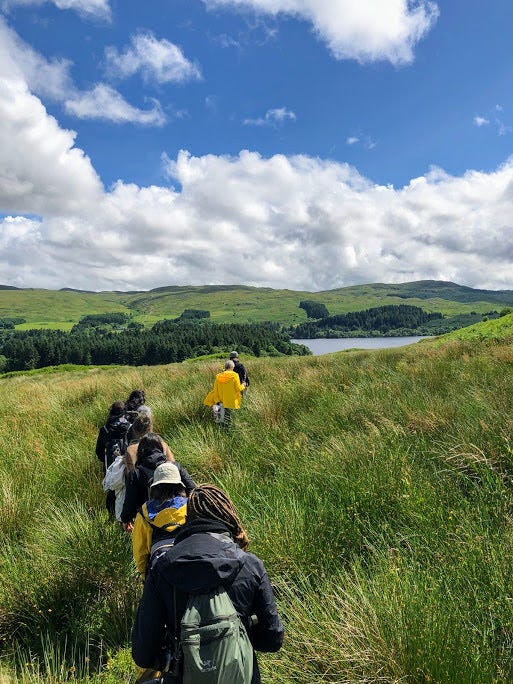
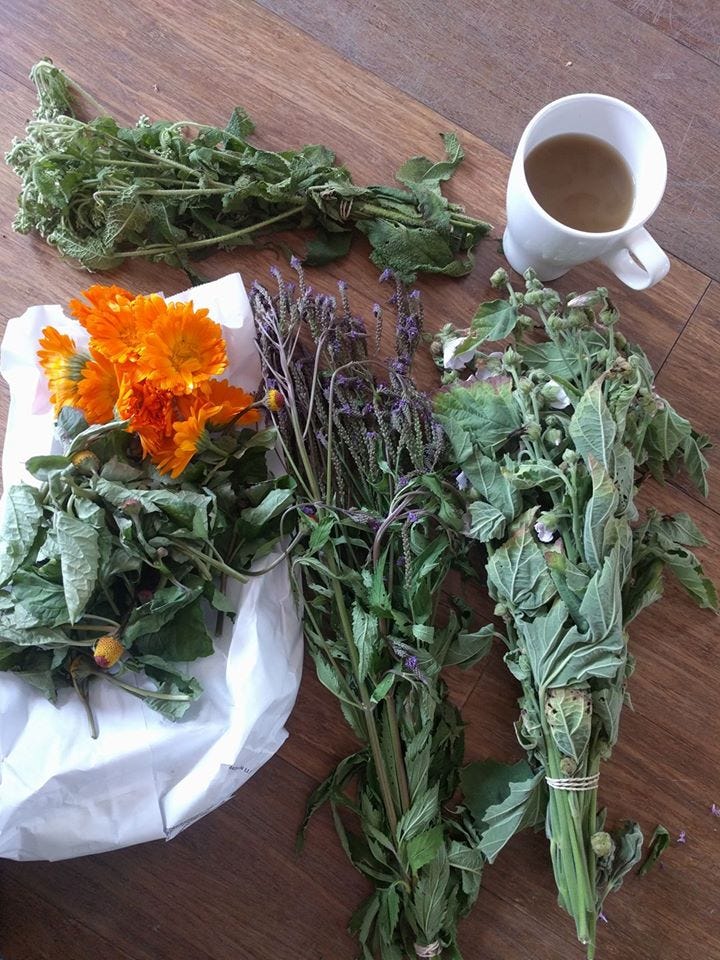
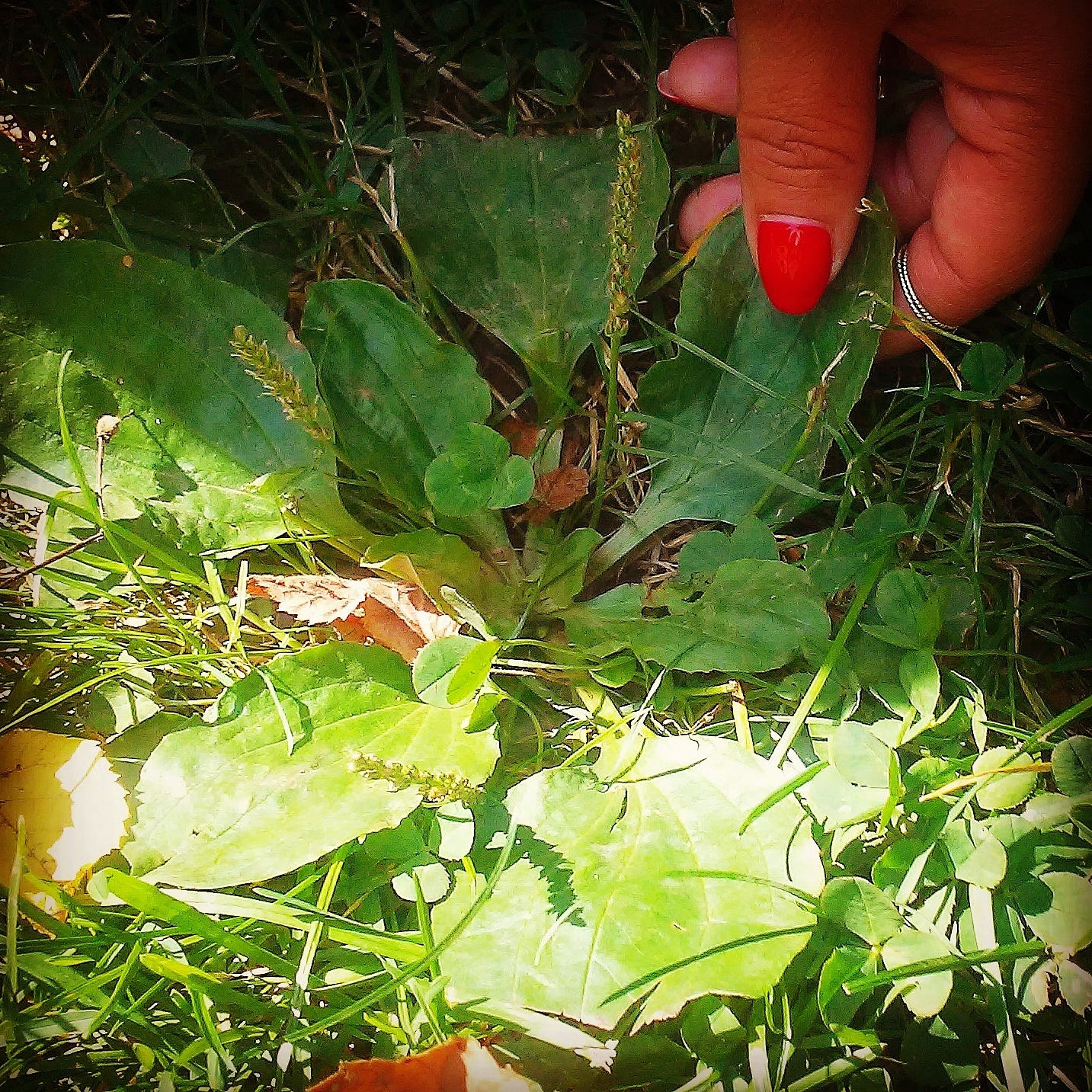
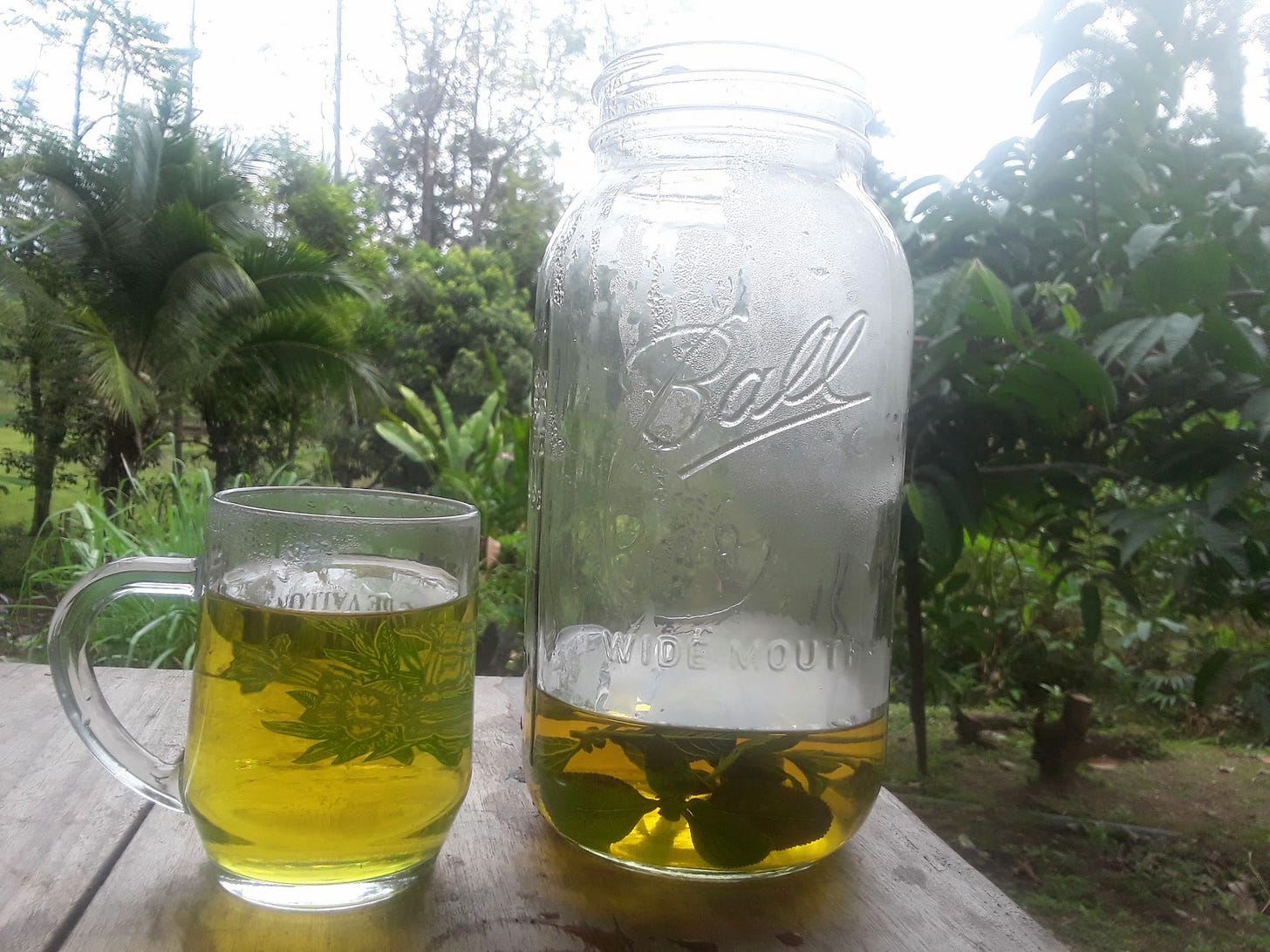
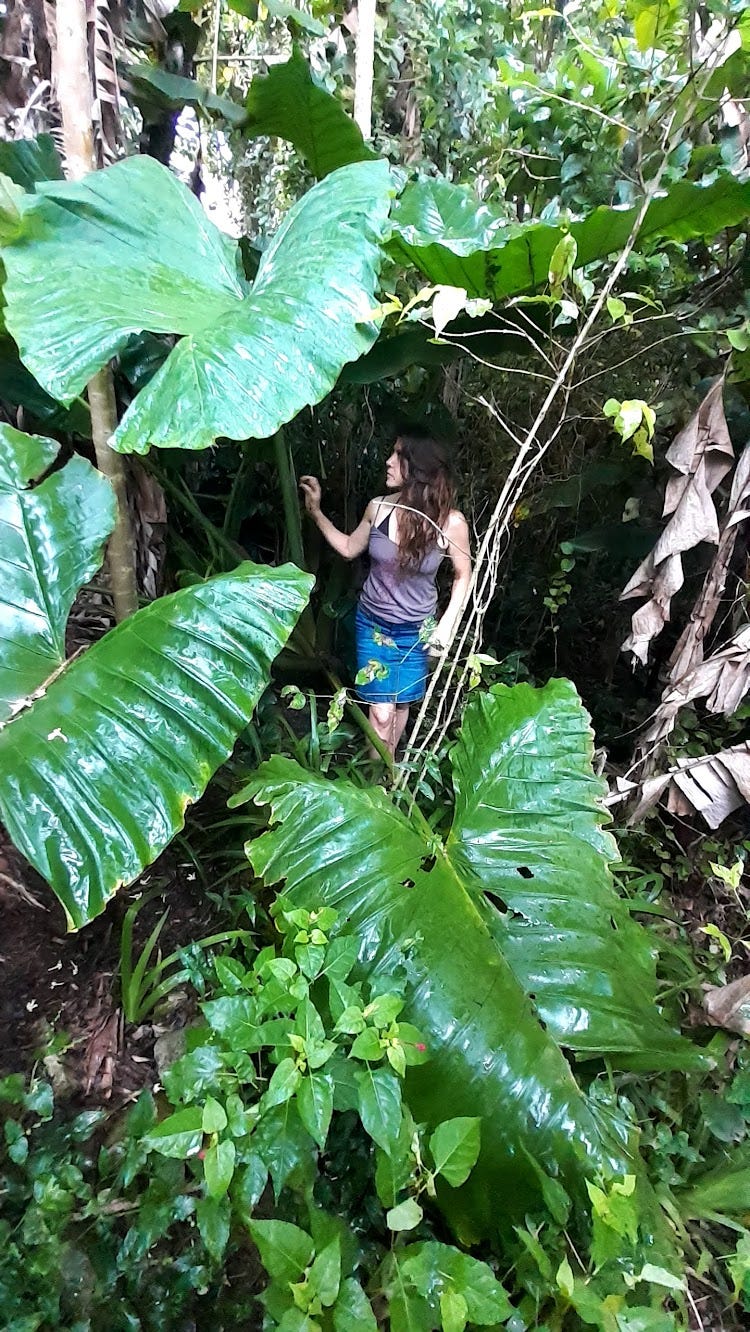
We tend to our souls.
We take care of each other.
and Mother Earth heals.